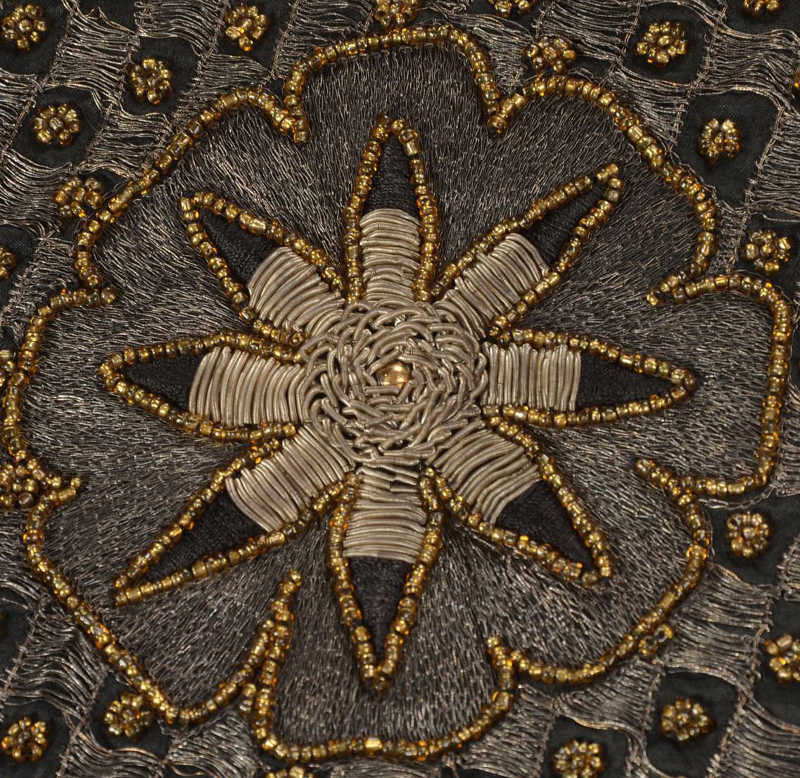===
0482,
2
===

=== |
 |
saraapaa : 'From head to foot, throughout, totally; ... —s.m. The whole from head to foot; the whole body; —a complete description in verse (of graces or charms, &c.)'. (Platts p.648)
FWP:
SETS == EXCLAMATION; FILL-IN
MOTIFS
NAMES
TERMS == METER; THEMEThis verse is a sort of limit case of the insha'iyah power of exclamatory speech. Like 'oh God!' in English, yaa all;aah can be used to show and emphasize almost any strong emotion. It need not have any direct relationship to God-- but of course, it can have one if the speaker so intends. In both cases it can be a form of the 'inexpressibility trope', by conveying the idea that the speaker's descriptive powers have broken down and no information can be conveyed; the place where information would be is now occupied by pure, intense emotion.
Ghalib makes a similar point about how we can conflate visions of the earthly and the overwhelmingly divine, in
G{96,1}.
Note for meter fans: I have slightly simplified and compressed SRF's metrical comments. The basic issue is that all;aah can be scanned either = = - (as it officially should be) or = = . The reason SRF says that Mir's usage in the second line shows that he considers the two idioms (one without, and one with, the hii ) to be separate is that in the metrical space available MIr could have fitted in all;aah hii all;aah if he had so wished, knowing that we would then simply have read the first all;aah as = = , thus leaving room for hii (here a short syllable), and then we would have read the second all;aah fully, as = = - .